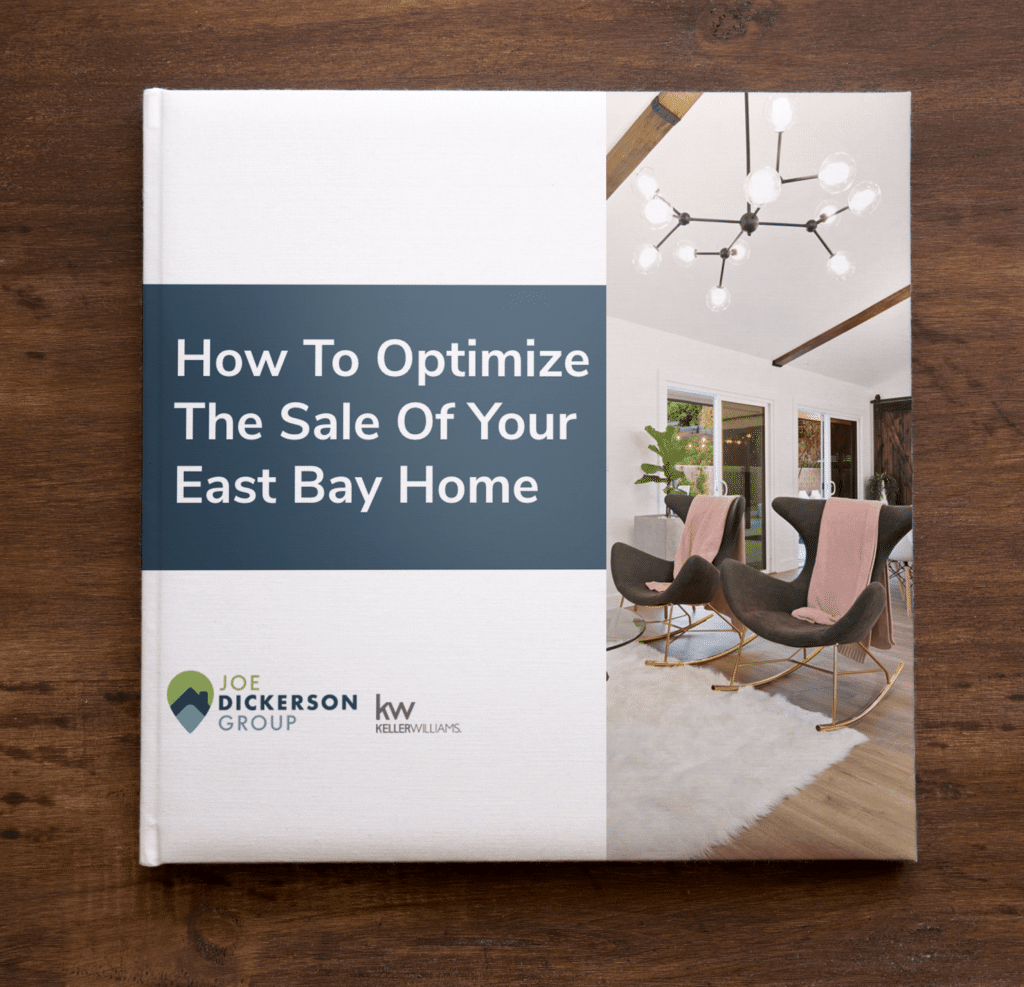We have a passion for helping people build wealth through real estate, and we know that every house you purchase, whether it’s an investment property or your forever home, is an investment that can help you build wealth for yourself, your family, and your future. But first things first. Let’s talk about the home search, which is the fun part! In this blog, we’ll cover the beginning of your search for potential homes. We’ll discuss the different platforms and tools available to find the perfect home for you . And we’ll also cover what to focus on when looking at listings online.
You’re probably already familiar with two of the main online home search tools, which are Zillow and Redfin. Each has its pros and cons, and it’s important to understand how each platform works so that you can get the most out of them.
Redfin, which can be found at redfin.com, is a real estate brokerage, meaning they are providing nearly up-to-the-minute information right out of the MLS– or multiple listing service. It also means that their motivation for getting you on their site is to ultimately sell you a house and make a commission.
Zilllow and their sister-site Trulia, on the other hand, are not real estate brokerages. They have to negotiate with each MLS to get access to the data, which can often lead to misinformation or old information being presented on their portal. However, on Zillow, you may also find opportunities not seen elsewhere, such as ‘pre-foreclosure’ homes, which are those that are late on mortgage payments which may soon be available in a foreclosure auction. Zillow also lists for sale by owner properties… that is, sellers that have chosen not to hire a real estate agent to represent them in their sale.
As an alternative to Redfin and Zillow, we provide our clients our own portal for searching for homes, which includes accurate, up-to-the-minute listings and information. Through our portal, we can see which homes our clients have favorited, and they can contact us directly through the portal to ask questions about the homes they see.
Regardless of which website, app, or portal you’re using to look at homes, it’s good to know what to look for in each listing. Any of the portals are going to display all the basic information. Square footage, room count, lot size, number of bathrooms, the description listed by the listing agent.
In Oakland and the East Bay, there are certain things we like to look for beyond the basics, such as the year built, which could give some insight into construction quality and potential for ongoing maintenance needs. We’re fans of much older houses that were built with old growth wood. In our experience, the old growth tends to be more resistant to rot, termites, etc.
You should be sure to thoroughly read the description even if the provided bed and bath count may not be exactly what you’re looking for. The description will often provide insight into bonus spaces, and bedrooms and baths that may not be reflected in public record. Of course if you find extra bedrooms that aren’t showing on public records, you’ll want to investigate the legality, permit status, and construction quality.
You should also skim through photos even when the description doesn’t perfectly match what you’re looking for. Photos, like the description, will often provide insight into the condition, layout, and bonus spaces that may not be reflected elsewhere. And if there aren’t photos, that’s something to note as well. While sellers occasionally want to keep things about their home very private, more often than not, the lack of photos points towards the property either being tenant occupied or potentially unsafe to enter.
If you’ve found a property that piques your interest, it’s time to inform your team! We often have access to information about properties that doesn’t show up in the public listing that we can pass along. Sometimes this additional information relates the property’s condition, to whether it’s occupied by tenants, or other less obvious positive and negative attributes.
And then if the property still looks like something you may be interested in, the next step is to schedule a showing and go see the home! Alright! So there you have it – the pros and cons of the various home search tools available, as well as tips on what to look for in specific listings.
Do you have unique criteria that’s challenging to search for online? Are you loving another platform we didn’t mention? Let us know!



